1497 Florentine Americus Vespucci left on his first voyage to the New World. He went on to demonstrate that Brazil was a separate land mass, not the eastern edge of Asia. Once that was realised it had to be named and his seemed the obvious choice. In all he sailed for the King of Portugal to the New World four times. I once saw his statue on the Uffizi as below.
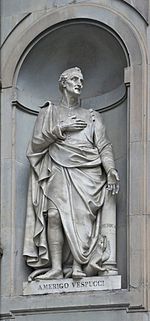
1752 Benjamin Franklin flew a kite during a lightning storm. His aim was to demonstrate that lighting and electricity were the same thing. He put lightning rods on the roof of his house and elaborate bells connected to them that rang to alert him of the approach of a lightning storm, much to the irritation of Mrs Franklin. I read Walter Isaacson’s turgid biography of Ben years ago. Franklin was quite a fellow, and — did one know? — briefly President of Pennsylvania.
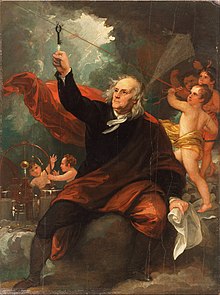
1869 Promontory Summit (Utah), Technology. The Golden Spike was driven binding the transcontinental railroad, reducing the sea-to-sea journey from four months to one week. Though lives were lost in the construction, the job was completed ahead of schedule and under budget. Though I lived and worked for a year nearby in Logan and Ogden, I never visited the site. My bad.
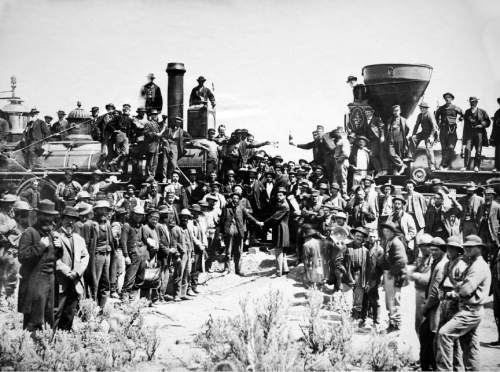
1908 Philadelphia, Society: The first informal Mother’s Day was observed. Anna Jarvis (pictured below) advocated such a day to recognise the role of women as mothers, and she and others lobbied President Woodrow Wilson who conceded in 1914. Business interest, photographers and greeting cards, quickly took it up much to the irritation of Jarvis who in response organised boycotts and launched lawsuits against Hallmark Cards, because she had registered a trademark for Mother’s Day in 1912. Hallmark dropped the apostrophe and continued. Jarvis was arrested for disturbing the peace in her later protests.
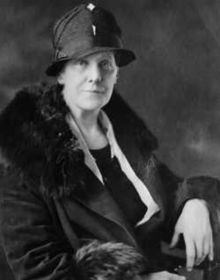
1994 Nelson Mandela took the oath of office to serve all South Africans as president, ending three hundred years of white rule. He is the saint of our time.
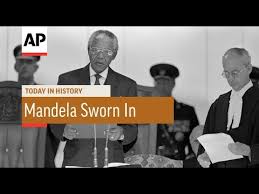
Month: February 2019
9 May
1386 Lisbon, Politics: Queen Eleanor signed the Treaty of Windsor, and it is remains in force, pledging Portugal and England to mutual aid. It was evoked in World War II to protect Portuguese neutrality while allowing England to use the Azores for strategic purposes and Portugal sold wolfram to Germany. The fine line that Portugal walked during World War II figures in the biography of Salazar reviewed elsewhere on this blog.
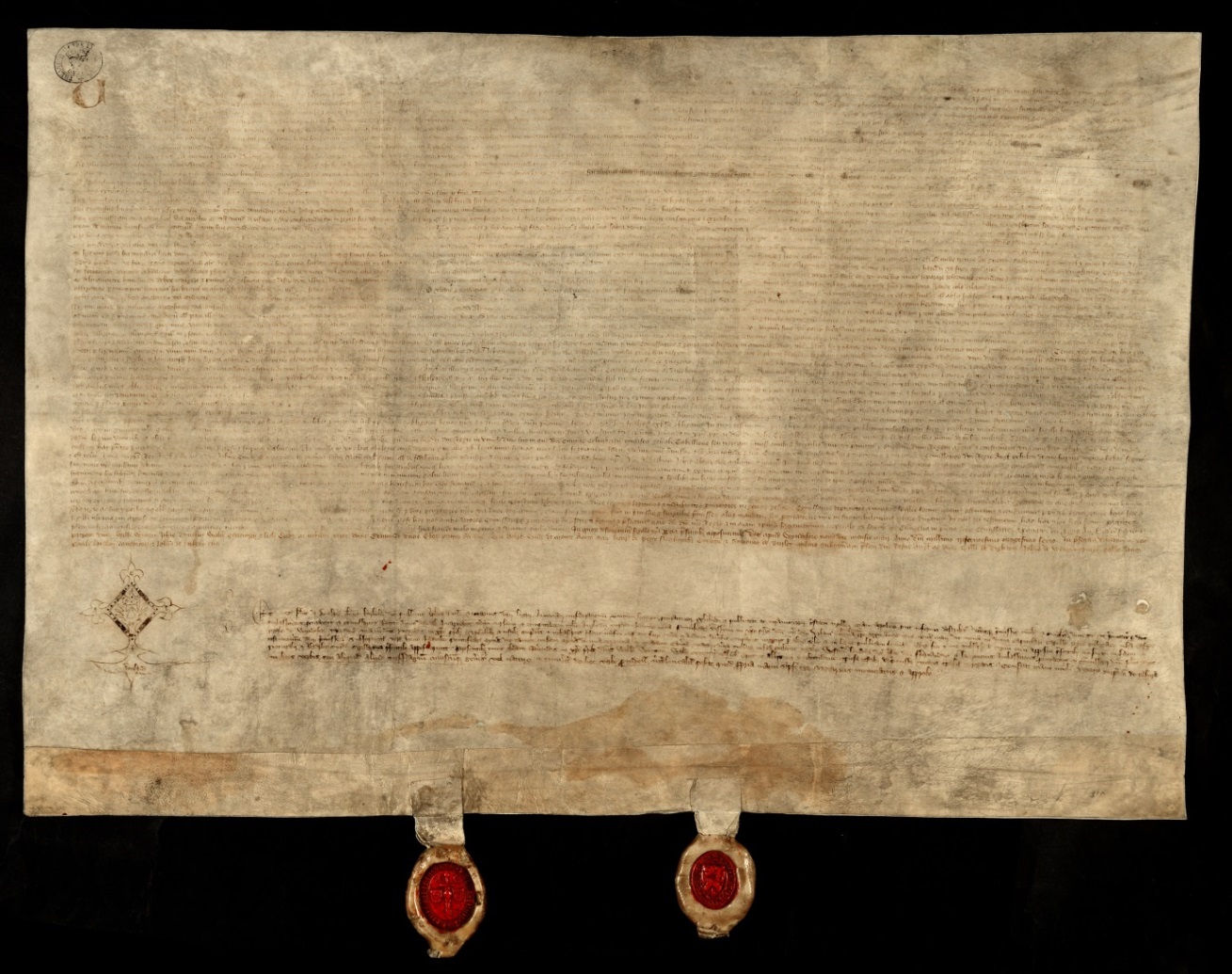
1788 London, Politics: The British parliament voted to abolish the slave trade.
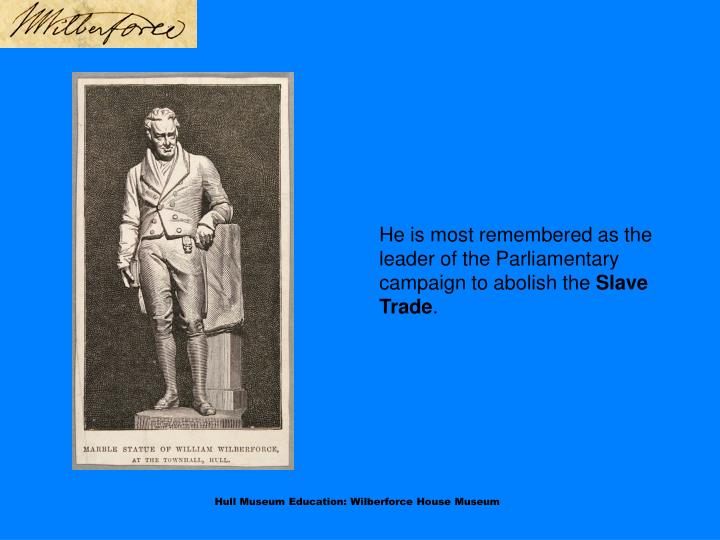
1901 Melbourne, Politics. The first sitting of the Australian Parliament convened. On the same date in 1927 it convened for the first time in Canberra. On the same date in 1988 Queen Elizabeth II opened the new Parliament House in Canberra.

1922 Paris, Science: The International Astronomical Union adopted Annie Cannon’s stellar classification system which, slightly amended, remains in use today. It is based on hydrogen absorption as indicated by temperatures and spectral type. She was nearly deaf due to scarlet fever and an ardent suffragette. She worked at the Harvard Observatory after graduating in mathematics from Wellesley College.

1960 Washingotn, D.C, Technology: The Federal Drugs Administration approved the first commercial produced birth control pill which was manufactured by Searle of Chicago. The original research for the Pill had been commissioned by Margaret Sanger and funded by Katherine McCormick (whose fortune also built the hall where I had my 8:00 am poetry class).
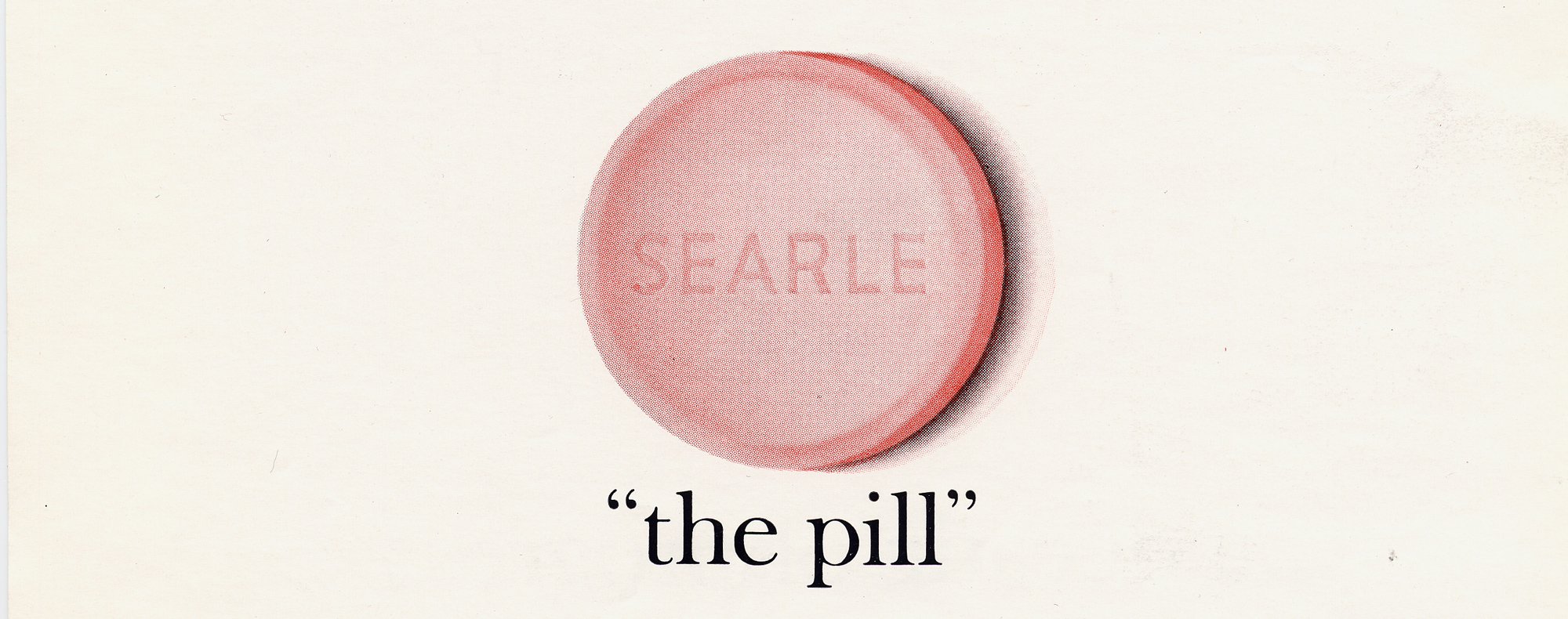
8 May
1541 Hernando de Soto with a party of four hundred reached Memphis Tennessee having made their way overland from the west coast of Florida where six hundred had landed. In Memphis he found the Mississippi River which became a highway into the continent. He had left from Cuba. Though wealthy from his earlier adventures, he was restless and sought the Spanish King’s commission for further exploration. He first went to the New World in 1515 and later joined Francisco Pizarro in Peru where he had enriched himself at the expense of the Inca.
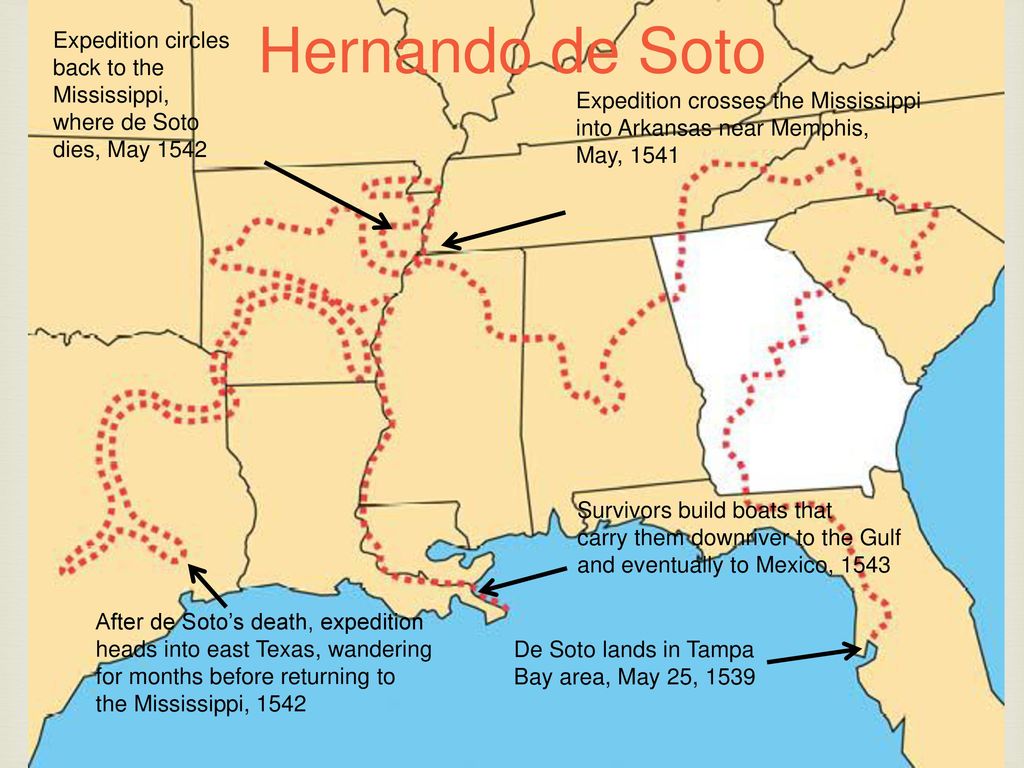
1886 Atlanta, Commerce: Pharmacist John Pemberton sold the first Coca-Cola. The name was coined by his bookkeeper whose handwriting became the trademark. It was tonic based on the coca leaf and the kola nut, that is, cocaine combined with caffeine. It was a downer and an upper in one!
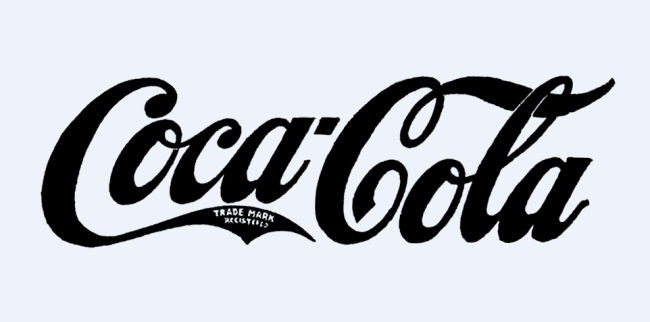
1901 Melbourne, Politics: The Federal Australian Labor Party was founded with John Watson as leader. Labor Parties had formed in the colonies and with federation they united. Watson became the first Labor Prime Minister, briefly, in 1904. Note that the Party is ‘Labor’ to distinguish it from the broader Labour movement based on trade unions. Below are the Labor MPs and Senators who chose Watson.
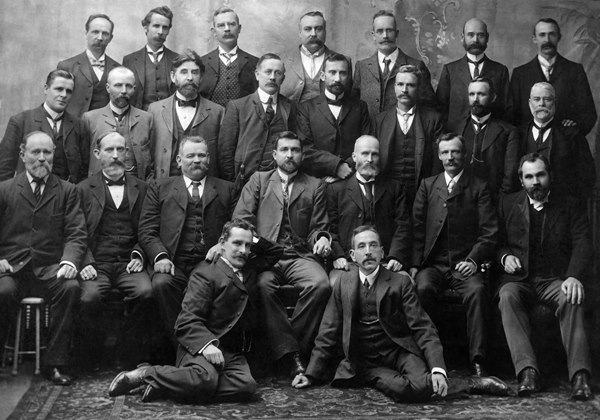
1963 London. Film: ‘Dr No’ screened and James Bond was incarnated by Sean Connery.
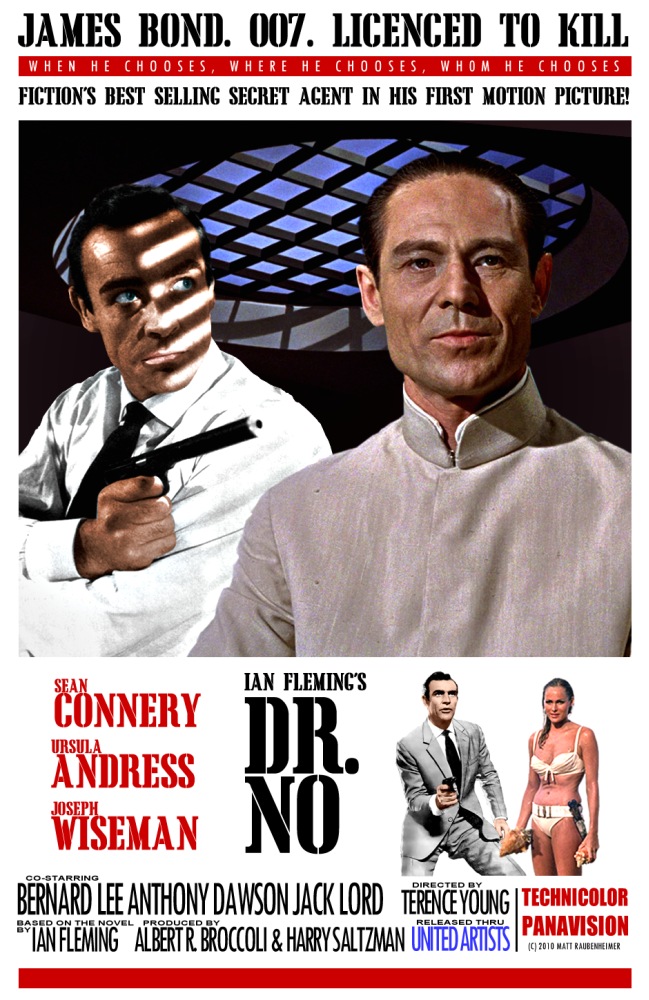
2016 London, Politics: A practising Muslim Sadiq Khan won election as Mayor of London. After Boris Johnson and compared to his opponents he was regarded as a safe pair of hands.
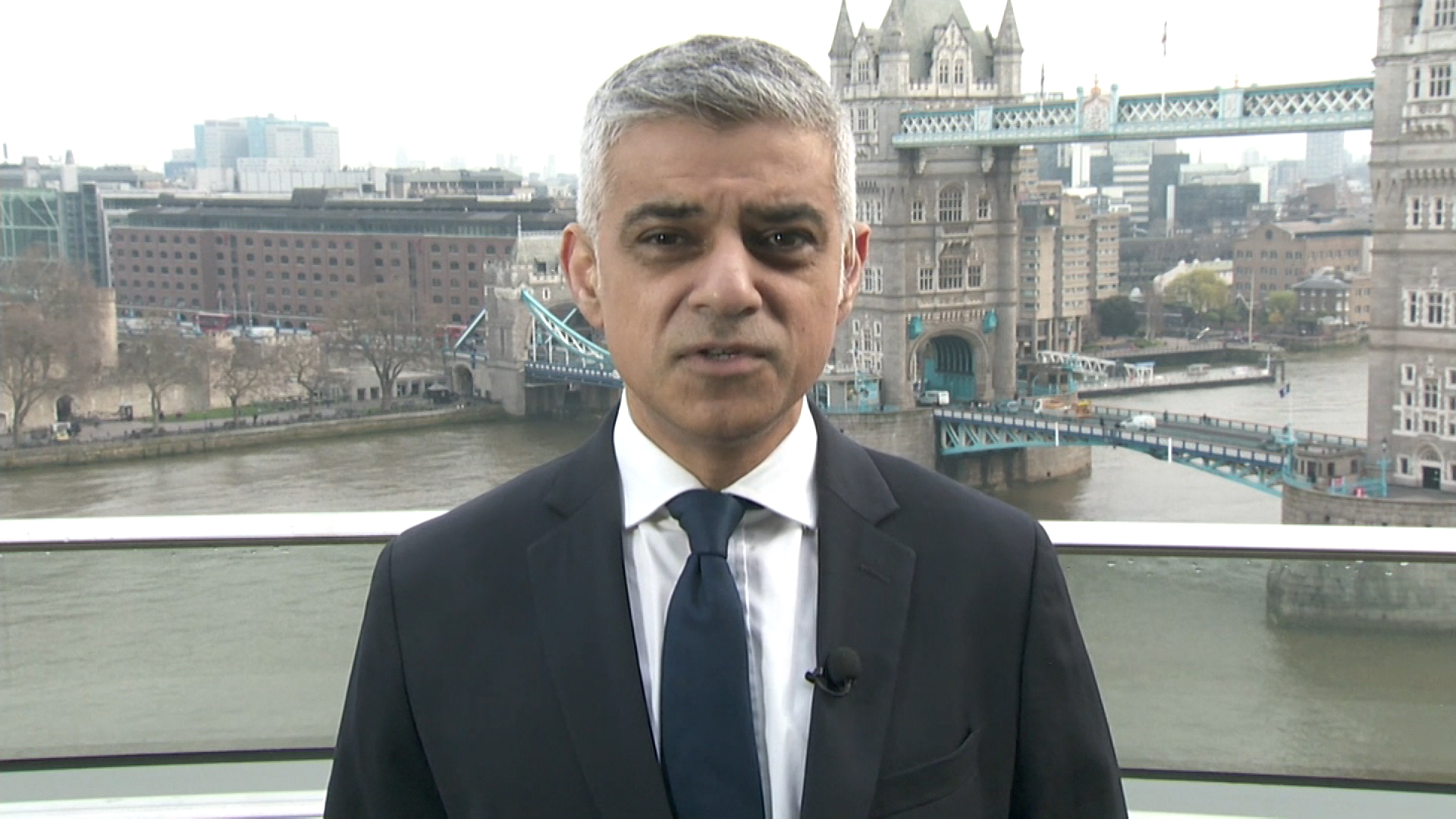
7 May
558 Constantinople, History: Justinian I ordered that the collapsed dome of the Hagia Sophia be rebuilt, and it was. Been there. Seen that.

1700 Philadelphia, Politics: William Penn began the first of a series of monthly meeting advocating black emancipation.
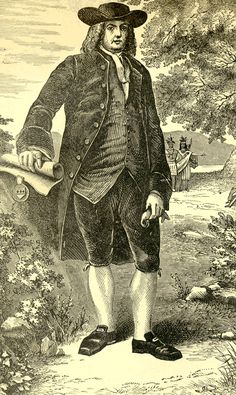
1815 Bathurst, History: The first road over the Blue Mountains was complete at a place that Governor Lachlan Macquarie called Bathurst in honour of the colonial secretary in London who had secured the funding for the project.
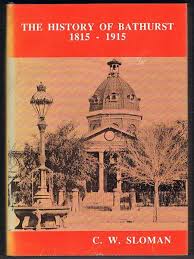
1824 Vienna, Music: Beethoven’s 9th, the Choral, symphony premiered. Some regard this as the greatest work of the greatest composer.
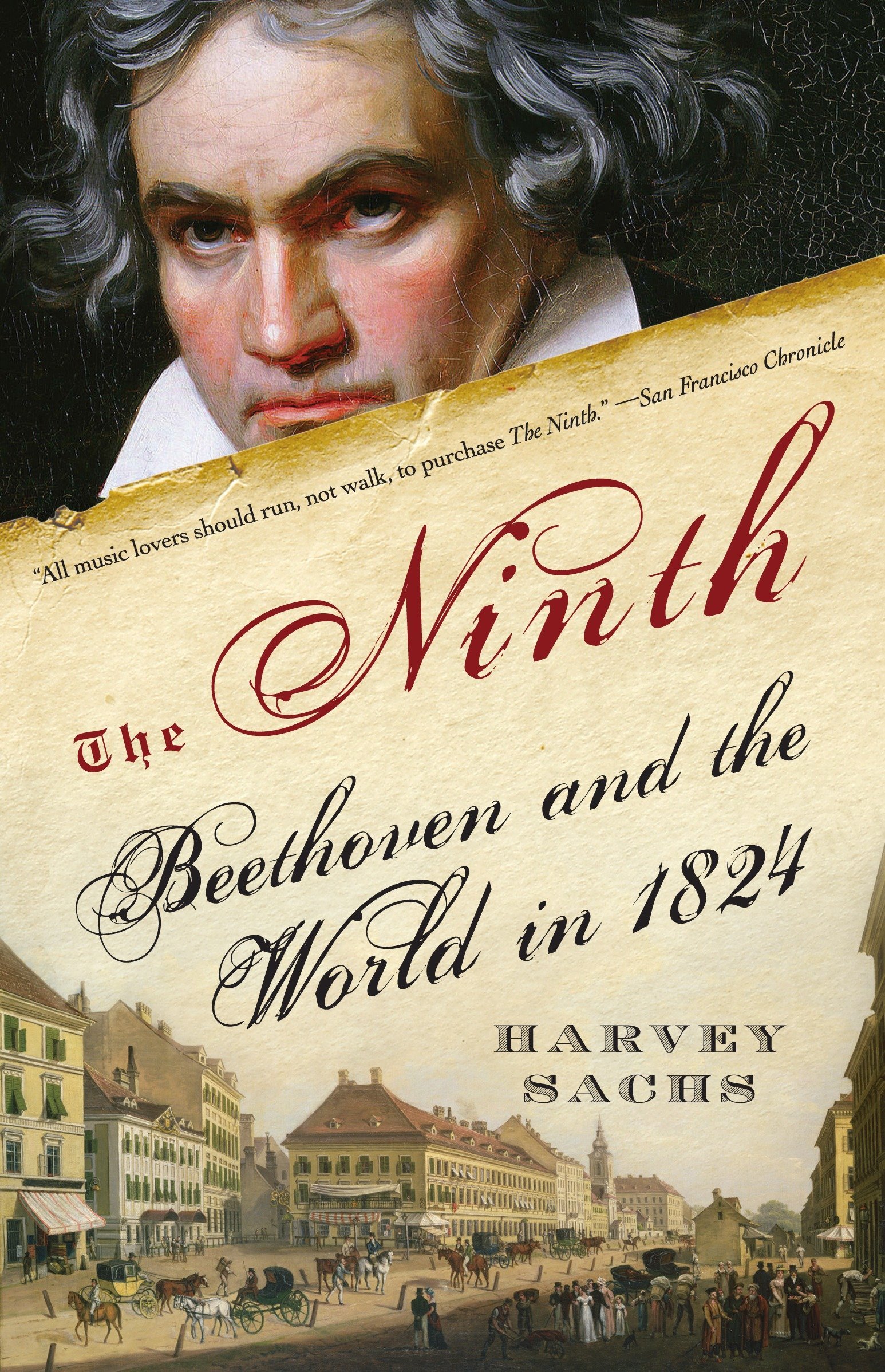
1994 Oslo, Art: Norwegian police recovered Edvard Munch’s ‘The Scream’ (1893) three months after it was stolen. Munch painted the subject several times per the illustration below. After the theft many anonymous and contradictory demands were received. The police judged them to be opportunistic as none offered any proof of possession. By forensic means the police tracked down the villains, a task made simpler because the leader of the foursome had been convicted in 1988 of stealing another Munch painting and his finger prints, DNA, and address were on file.
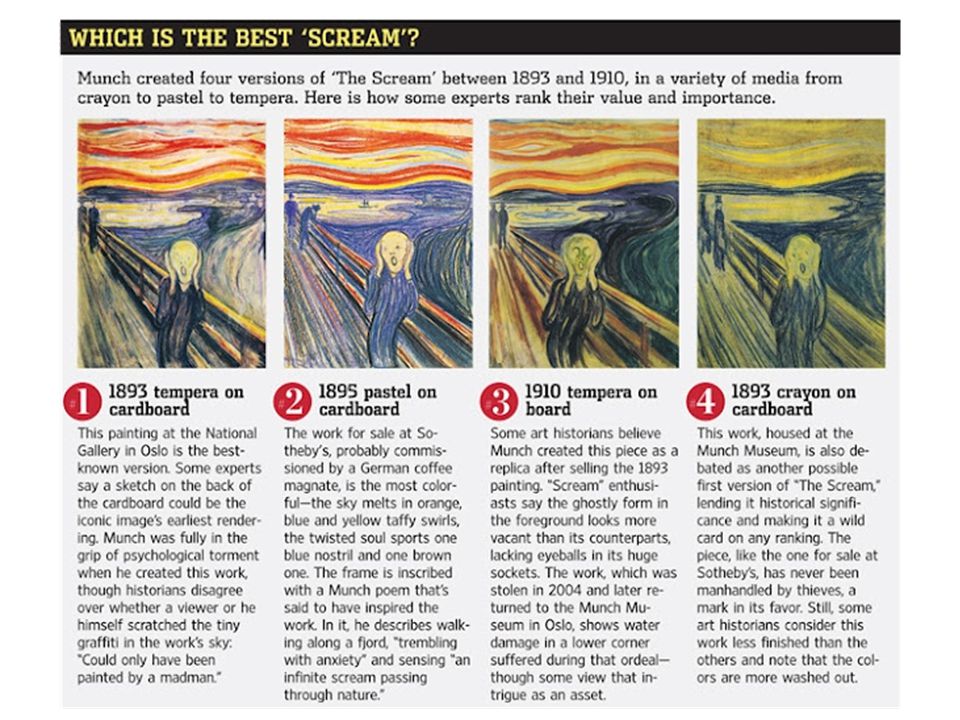
6 May
1682 Versailles, History: Louis XIV moved the royal court to the palace at Versailles. It took twenty years to build this palace. Its purpose was to impress and in that it succeeds. Been there once long ago. No pictures do it justice. Below is one shot of the Galerie des glaces.
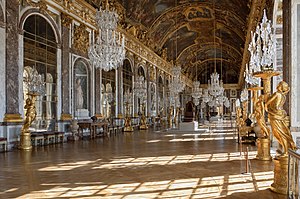
1940 San Francisco, Literature. John Steinbeck’s novel ‘The Grapes of Wraith’ was award the Pulitzer Prize in literature. Read it.
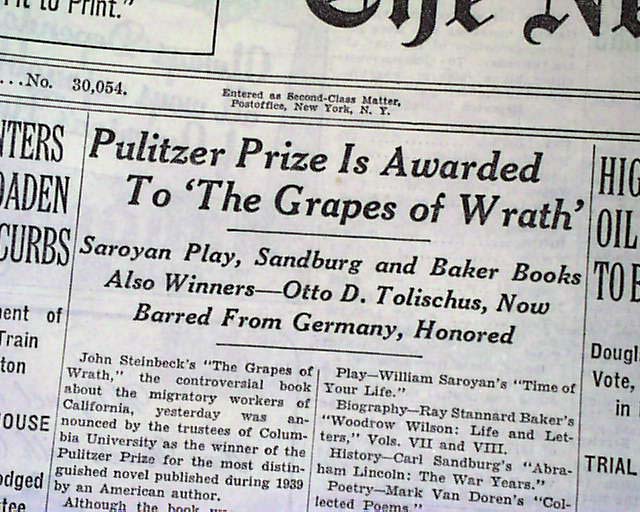
1954 Oxford, Sports: Roger Banister broke the four-minute mark for the mile run. Many talking heads had said it was not humanly possible to run a mile in under four minutes. He became obsessed with breaking this barrier after he had been scorned for not going to the 1948 London Olympics because he had examinations in his medical degree at the time. Many years later Banister said that he found running a powerful source of self-expression. Georg Hegel would understand that.
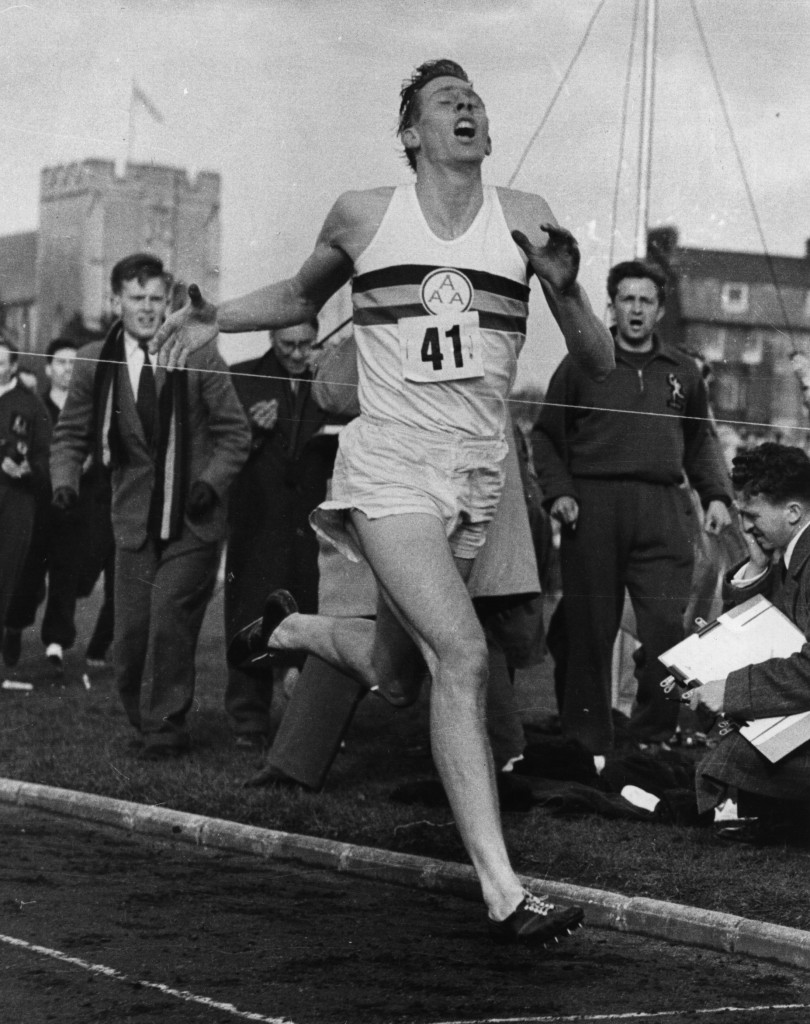
1992 Fulton, Missouri, Politics: Mikhail Gorbachev spoke at Westminster College to mark the end of the Iron Curtin that Winston Churchill had named at that same podium many years before.
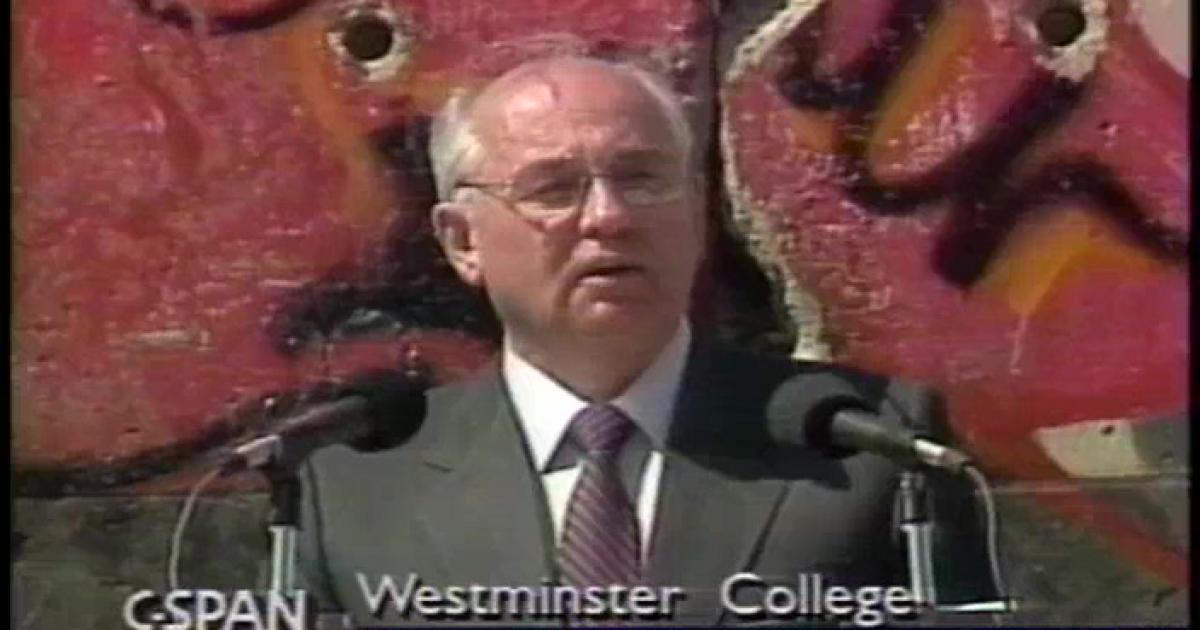
1994 Sangatte (France), Technology: The Channel Tunnel between Folkstone England and Sangatte France, a distance of 31 miles, was officially opened. About 30,000 people pass through it each day. I have been one of them a couple of times.
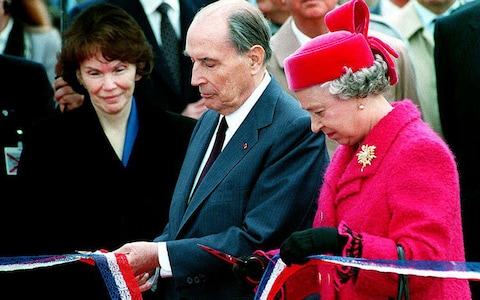
5 May
1816 London, Literature: The son of a stable hand, John Keats, published his first poem in ‘The Examiner.’ I met Keats at 8:00 am on Saturdays in McCormick Hall.
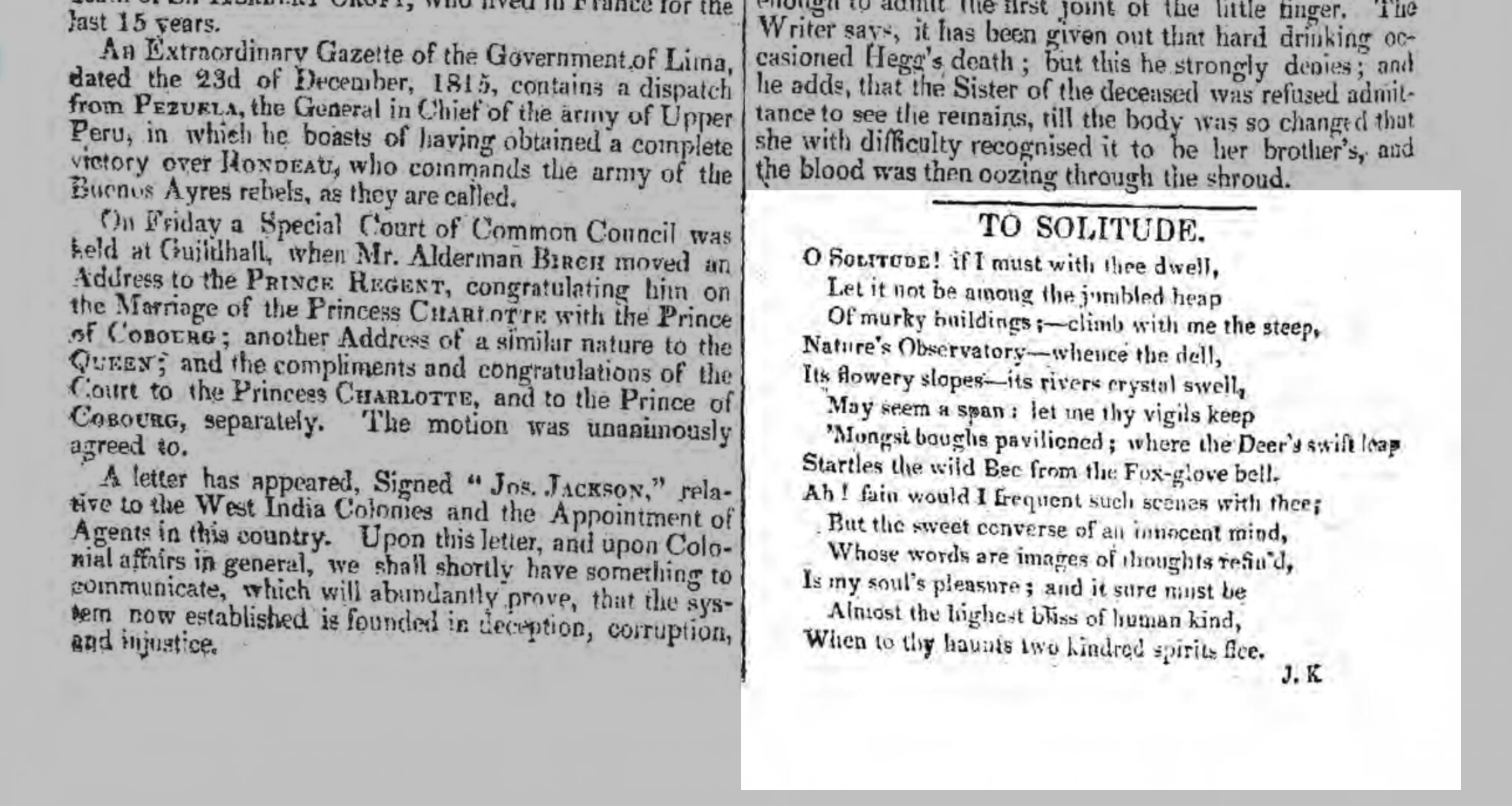
1862 Puebla (Mexico), History: Mexicans defeated a French army when Louis Napoleon III used the pretext of loan defaults to expand the French Empire into Mexico while the USA was embroiled in its Civil War. The conflict continued for some years (1861-1867). The date has since become the Mexican National Day. We have been to Mexico twice.
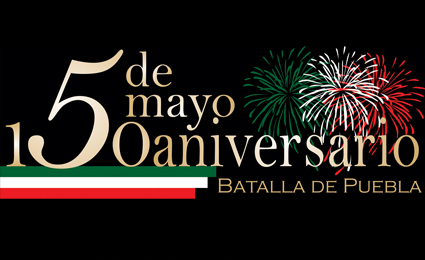
1877 Fort Walsh, Saskatchewan, History: Sitting Bull with thousands of Lakota passed into Canada to escape from the US Army out to avenge Custer’s stupidity. A few redcoats of the North-West Mounted Police at the border extended the Queen’s protection to the immigrants much to the annoyance of the pursing bluecoated avengers.
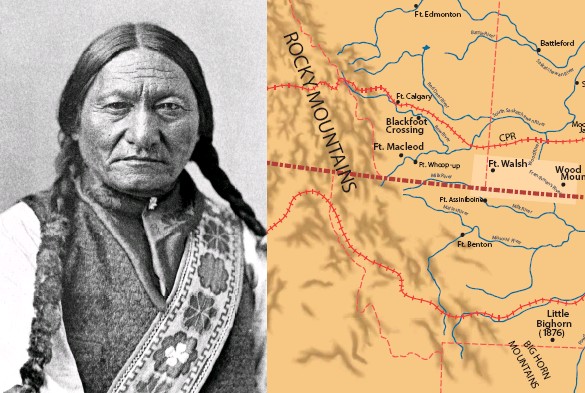
1925 Dayton (Tennessee), Science: The Scopes Trial began. In part the trial had been staged as publicity stunt by locals but when H. L. Mencken appointed himself ringmaster, it spun out of control, leading to a clash of titans, William Jennings Bryan and Clarence Darrow. Bryan is invariably a caricature in this story but his motivation was to oppose Social Darwinism. One fundamental of his fundamentalism was that God made us all in that respect we are all equal, a subtlety lost in the popular stereotype. A biography of the Great Commoner is discussed elsewhere on this blog.
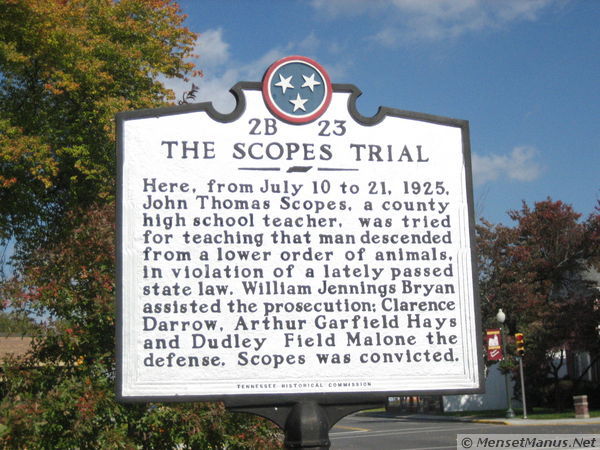
1961 Cape Canaveral, Technology: Alan Shepard became the first American launched into space riding a Mercury-Redstone rocket. When ground control dithered for five hours hesitating to ignite the rocket, an impatient Shepard finally said, ‘Light this candle!’ Off he went. Tom Wolfe’s account of the Mercury program is the best thing that wordsmith ever wrote.
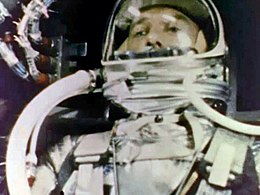
4 May
1626 New Amsterdam, History: Dutch colonist Peter Minuit arrived on the wooded island of Manhattan in present-day New York City. Hired by the Dutch West India Company to oversee its trading and colonising activities in the Hudson River region, Minuit is famous for purchasing Manhattan from resident Algonquin Indians for the equivalent of $24. The transaction was a mere formality, however, as the Dutch had already established the town of New Amsterdam at the southern end of the island. Still he treated courteously with the natives, unlike many who followed.
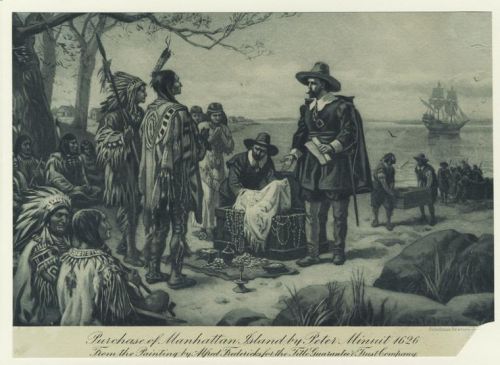
1675 Greenwich, Science: King Charles II commissioned the building of an observatory on the prime meridian.
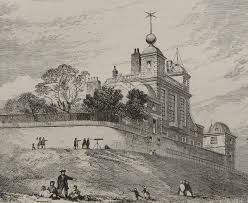
1904 Panama, Technology. Construction began on the Panama Canal. The US took over a French project started in 1881 which had cost many lives for little progress, working mostly by hand. With the Americans came TNT, pile drivers, steam dredges, and more TNT.
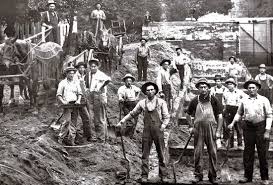
1948 New York City, Literature: Norman Mailer published his first novel, ‘The Naked and the Dead.’ It is a remarkable book, certainly worthy of a Pulitzer Prize, if not more. I read it about 1977 and I can still recall three vivid scenes worthy of Dante’s ‘Inferno.’ His later work never equalled this. Mailer became a limelight seeking egomaniac.
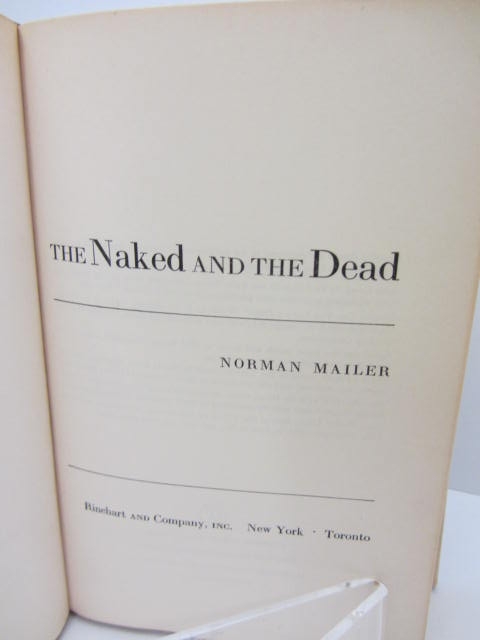
1979 London, Politics: Margaret Thatcher took the floor of the House of Commons as Prime Minister. The first woman to hold that post.
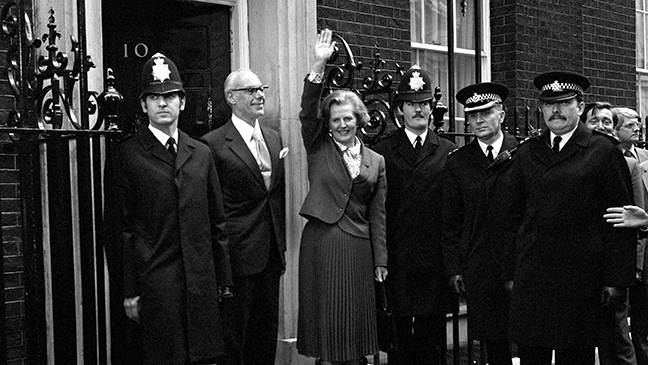
17 February
1510 Goa, History: Duke Afonso de Albuquerque claimed the area for Portugal which retained Goa until 1961 when, after years of fruitless negotiation, India seized it by force of arms. From Lisbon dictator Salazar ordered the governor of Goa to fight to the death. But the governor decided he had not received the wire and quickly surrendered. A biography of Salazar is discussed elsewhere on this blog.
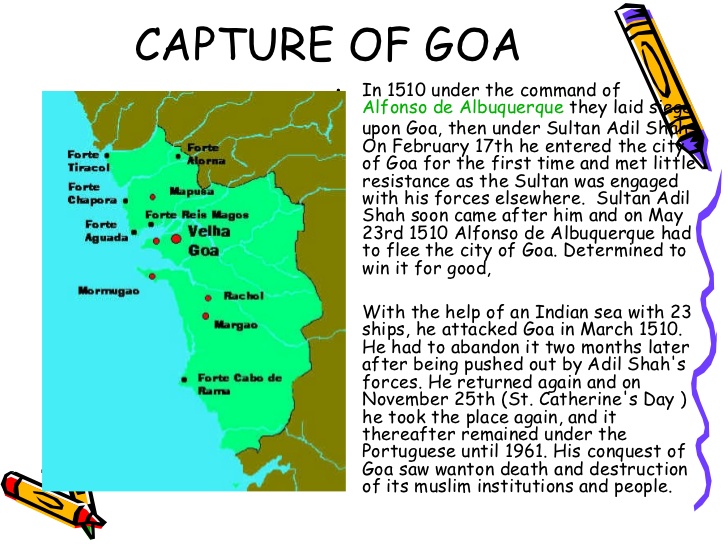
1801 Washington D.C., Politics: After a tied vote in the Electoral College, the House of Representatives took a week and more than thirty votes finally to select Thomas Jefferson ahead of Aaron Burr for president. It was an acrimonious and duplicitous exercise by all involved. In the end Jefferson bought more votes than did Burr with promises of jobs, offices, and favours. Thereafter Burr devoted his considerable energies and wit to undermining Jefferson.
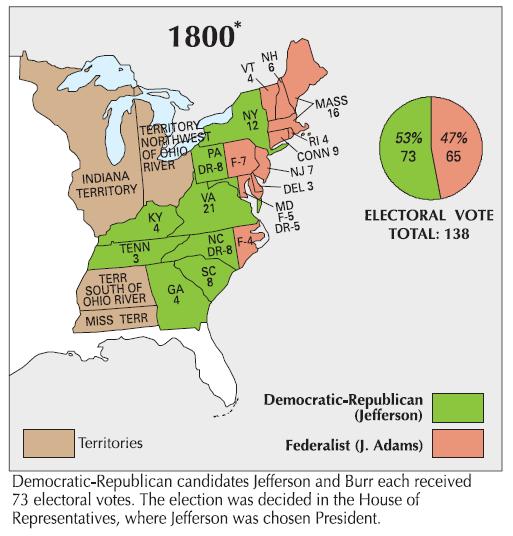
1820 Washington, D.C., Politics: The Senate passed the legislation for the Missouri Compromise to stave off regional conflict over slavery and trade. Henry Clay was instrumental in bringing the conflicting parties to the table, and keeping them there. He became known as the Great Compromiser who looked for the middle ground, and preferred compromise to conflict. For this preference he was widely reviled.
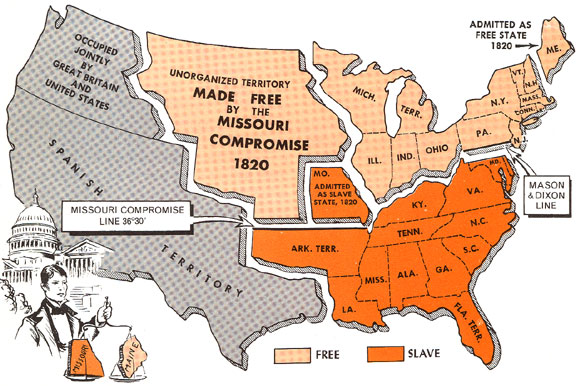
1905 Washington, D.C., Law: The statue of the first woman in the National Statuary Hall in the Capitol building was unveiled: Frances Willard. A tireless campaigner for universal suffrage, she had been a founder of the Women’s Christian Temperance Union. I worked for the WCTU briefly once upon a time.
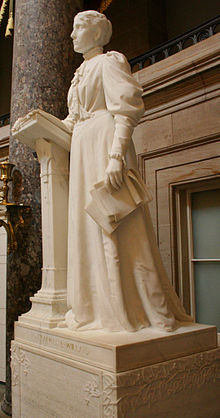
1966 The Beach Boys released ‘Good Vibrations,’ one of their quintessential tunes. It is widely available.
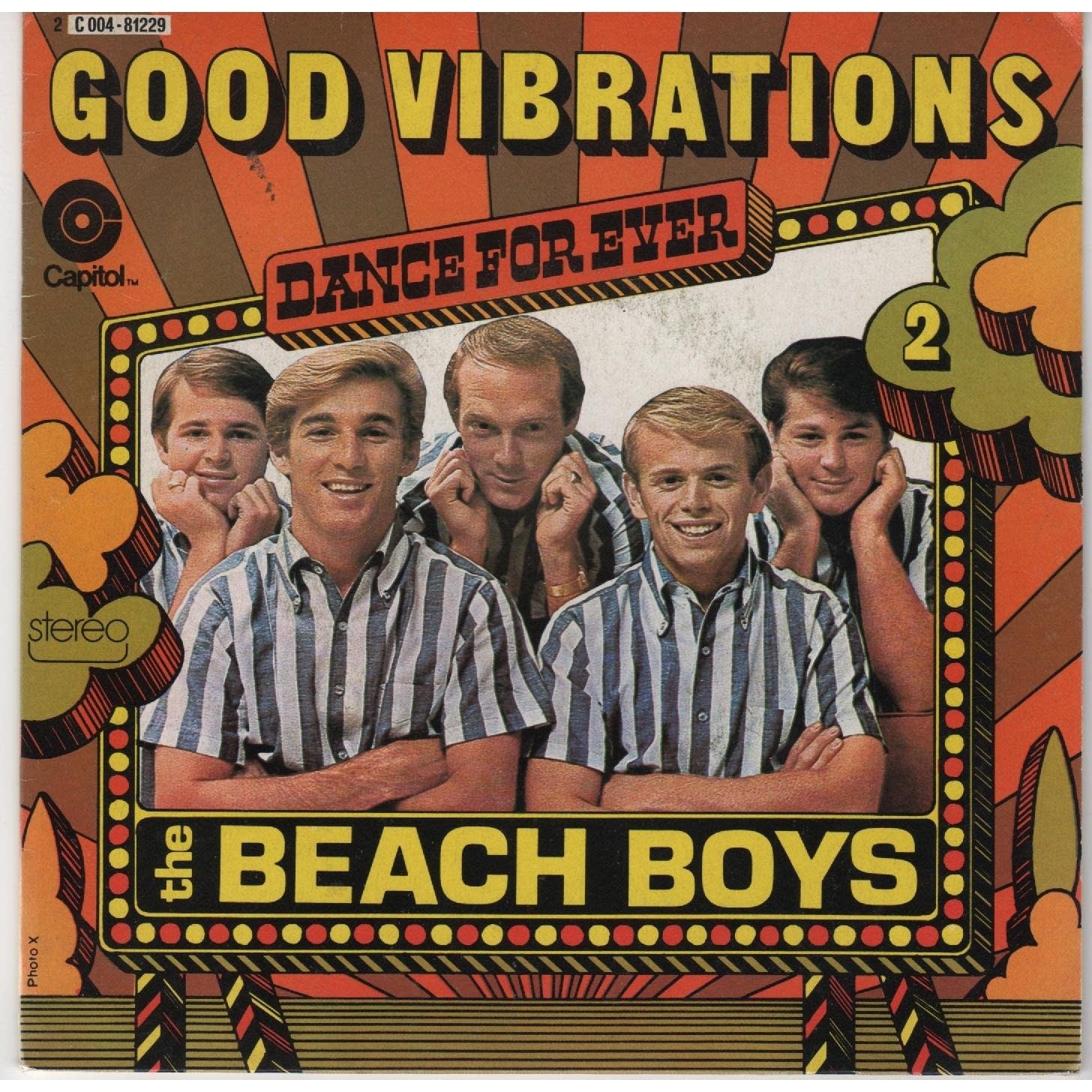
16 February
590 Rome, Popular Culture: Pope Gregory ordered that Catholics say ‘God bless you’ when a person sneezes. It was to ward off the plague. This is the pope of the chant.

1857 Washington D.C., Education: Philanthropists Amos Kendall and Edward Gallaudet along with others founded the Gallaudet College for deaf mutes. It remains the only educational institution in the United States devoted exclusively to such students. It now includes a high school as well as a university.

1905 Boston, Education: The first Esperanto club in the United States was founded with the hope of uniting mankind through a common language. At the time there was much enthusiasm for the project among the educated elites until the enthusiasts realised it meant they had to do it, too, and not just berate others for not doing it.
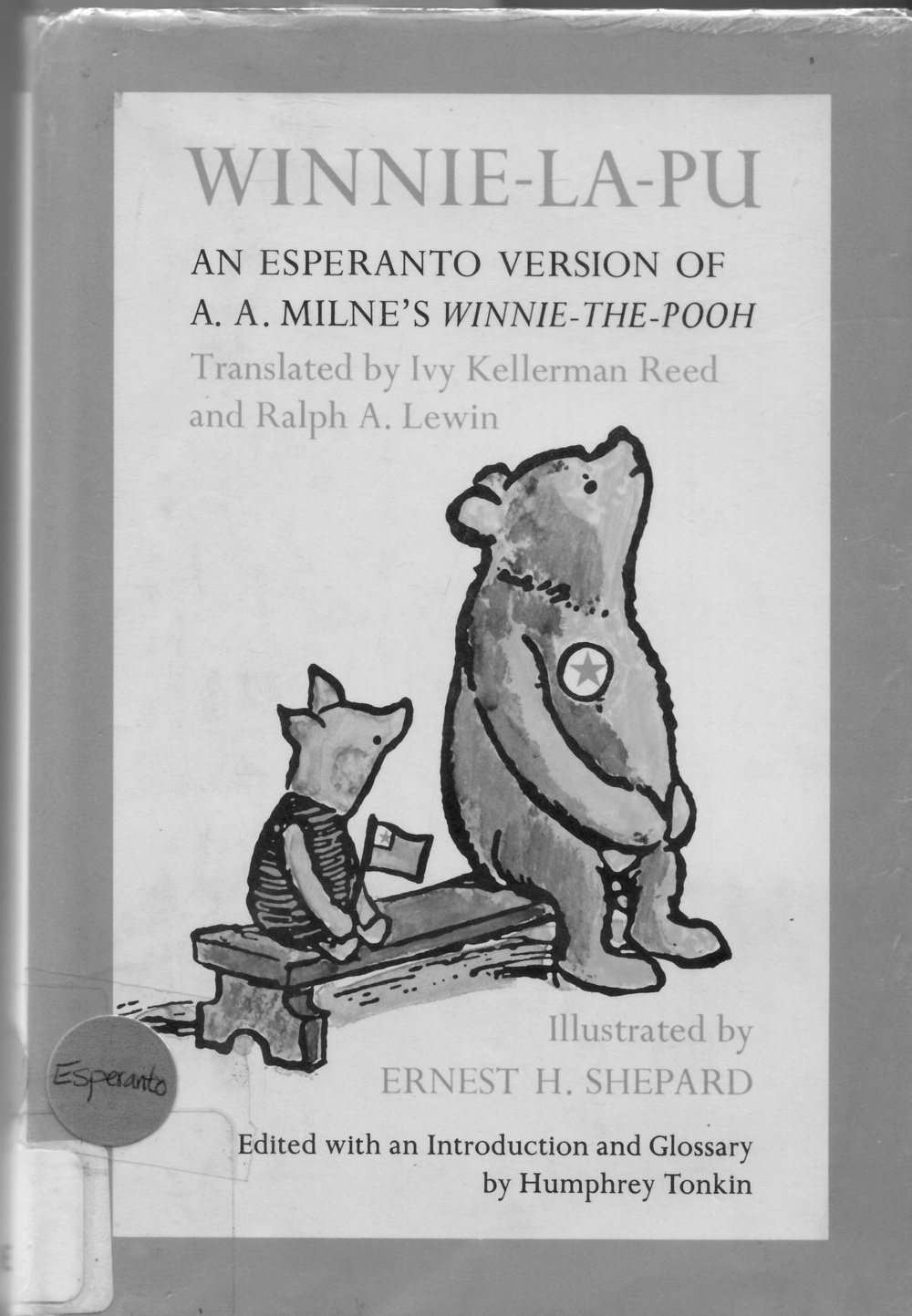
1923 Sponsor Lord Carnarvon along with archeologist Howard Carter opened the door to King Tutankhamun’s burial chamber which had lain undisturbed for more than 3000 years. There in was the gold death mask which we have seen.
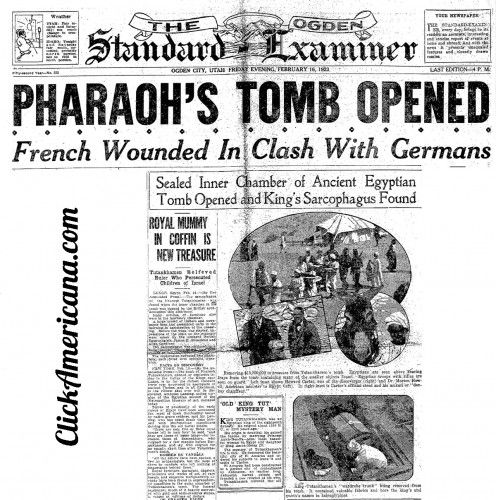
1937 Wilmington, Delaware, Science: William Carothers patented nylon for E. I. du Pont de Nemours and Company. It was a miracle fabric that soon led to cheap and durable clothing in a way never before. Making ladies’ stockings out of nylon at the time introduced it to the public at a time when silk for stockings was expensive and associated with Japan, whose aggression in China had antagonised many consumers in the United States.

15 February
1764 St Louis, History: French explorer Pierre Leclède founded a trading post on the Mississippi River. He had travelled upriver from New Orleans. Leclède’s landing marks the spot where The French roots of St. Louis began.
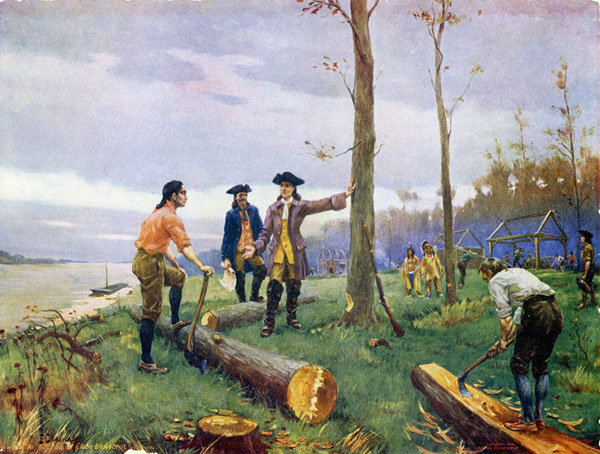
1879 Washington, D.C., History: Belva Lockwood petitioned for the right to practice before the Supreme Court and the Court accepted her. She had completed a law course at the National (now George Washington) University. She was the first woman to argue before the Supreme Court.
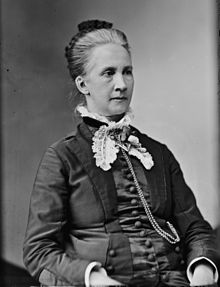
1903 Brooklyn, Commerce: Morris Michtom advertised for sale two stuffed toy bears, which he called Teddy Bears after TR, who had consented to this name as part of his campaign to increase awareness of wildlife and its habitat. (The irony is that TR himself was a murderous hunter.)

1943 Chicago, History: Rosie the Riveter appeared in a ‘We can do it!’ poster on the walls of Westinghouse plants. The purpose was to encourage women into war work.
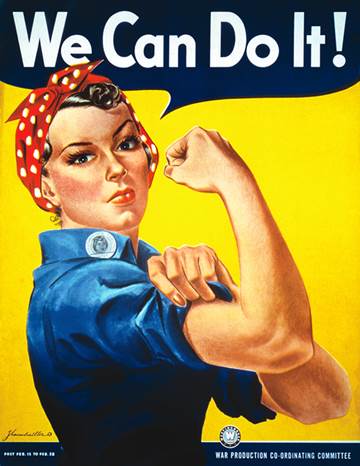
2001 London, Science: The first draft of the complete human genome was published in Nature magazine.

